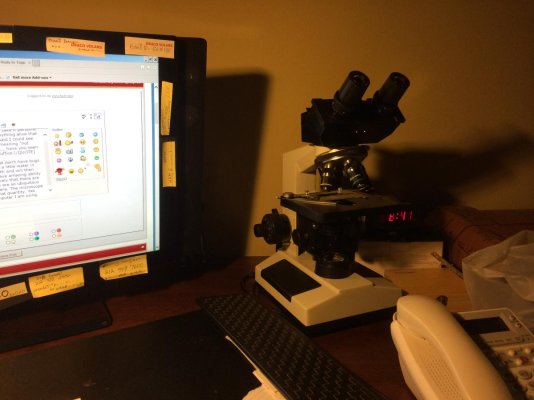This somewhat back and forth thread is actually more productive that what I have normally seen this time of year on most other sites. I think the problem is that we often get folks who are really confident of things they don't understand because they read a nugget of truth in a magazine once and want to over simplify.
I think the truth is both complex and practicality often goes out the window with theory.
Condensation is over represented (but can happen). Microbes can happen, but again, are often over represented as folks try to sell wonder products. Fuel can and does get old, but whether it causes measurable impacts depends greatly on the condition of the environment that old fuel is in. Age fuel in a water filled environment and I'll step up to believe quite a bit about things growing and fuel degrading significantly. Algae is usually asphaltines, not bugs. Worse yet, many mechanics are some of the worst offenders in monkey see repeating of "facts" of dubious origins. Oh, I don't mean they have not seen things, but the "cause" is usually a jumble of something they heard once. I personally think it all gets a bit entertaining over time.
My own story is pretty simple and pragmatic I think. I don't regularly use additives, unless a specific need presents itself (such as cetane to reduce smoke, or stabilizer for fuel I know won't be used soon). I never see water in my tanks. I don't fill them just for the sake of filling them and so, don't have to know much about old fuel as I minimize ever having it. I live in a wet rainy environment and don't heat in the winter anymore, yet still never see condensation in my tanks, so after a decade of doing this I figure I'll never have to worry about that either. Frankly, it makes most of the usual arguments moot, or at worst theoretical.
The one thing I do is watch for water, a vent can get splashed or a deck fill can leak. I've had neighbors who had quarts of water in their tanks, so water can get in. Crud can still build up over time, so I think its healthy for tanks to regularly run with less than half fuel in them to help stir things up on a regular basis, not just when things get ugly.
I think you you just do these basic things, you really don't worry about it or get overly technical, and I am THE overly pedantic technical personality.


